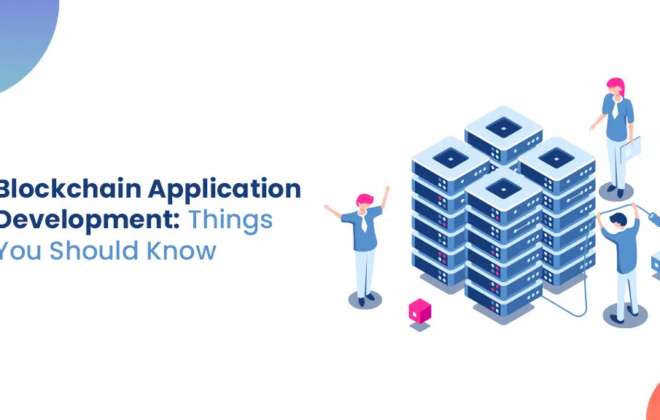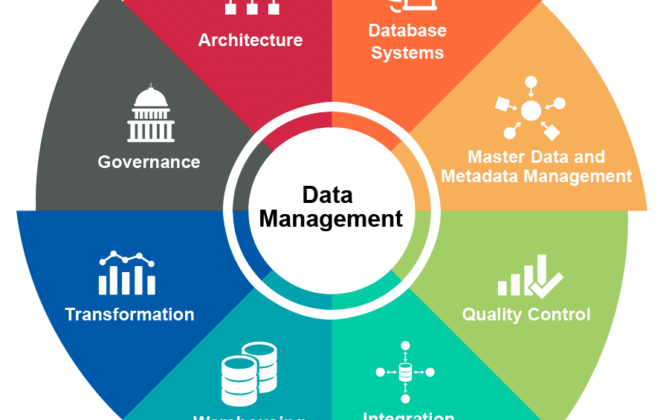Decentralized Finance (DeFi) on the Blockchain: The Future of Financial Services
Decentralized Finance (DeFi) is a new paradigm shift that is disrupting the traditional financial services industry. DeFi is a movement that leverages blockchain technology to create a more open, transparent, and accessible financial system. In this article, we will explore what DeFi is, how it works, and its potential impact on the financial industry.

What is Decentralized Finance (DeFi)? DeFi refers to a set of financial services and applications that are built on top of decentralized blockchain networks. These applications are designed to eliminate intermediaries, reduce transaction costs, increase transparency, and provide equal access to financial services for everyone.
How does DeFi work? DeFi applications use smart contracts, which are self-executing programs that run on the blockchain, to automate financial services. Smart contracts can perform complex financial transactions, such as lending, borrowing, trading, and insurance, without the need for a centralized intermediary.
DeFi applications are powered by cryptocurrencies, such as Bitcoin and Ethereum, which serve as the underlying asset for financial transactions. These cryptocurrencies can be stored in digital wallets and used to access a wide range of DeFi services.
Potential Impact of DeFi on the Financial Industry DeFi has the potential to disrupt the traditional financial services industry in several ways. First, DeFi applications can provide financial services to anyone with an internet connection, regardless of their location or socioeconomic status. This can help to promote financial inclusion and reduce the wealth gap.
Second, DeFi applications can eliminate intermediaries, such as banks and other financial institutions, which can reduce transaction costs and increase efficiency. This can help to lower the cost of financial services and make them more accessible to a wider range of people.
Third, DeFi applications can increase transparency and reduce the risk of fraud and corruption. Since DeFi applications run on a decentralized blockchain network, all transactions are recorded on the blockchain and can be viewed by anyone. This can help to promote trust and accountability in the financial system.
Conclusion: Decentralized Finance (DeFi) is an exciting new development in the blockchain industry. It has the potential to revolutionize the financial services industry by providing more accessible, transparent, and efficient financial services to everyone. As more DeFi applications are developed and adopted, we can expect to see significant changes in the way we think about and use financial services.




